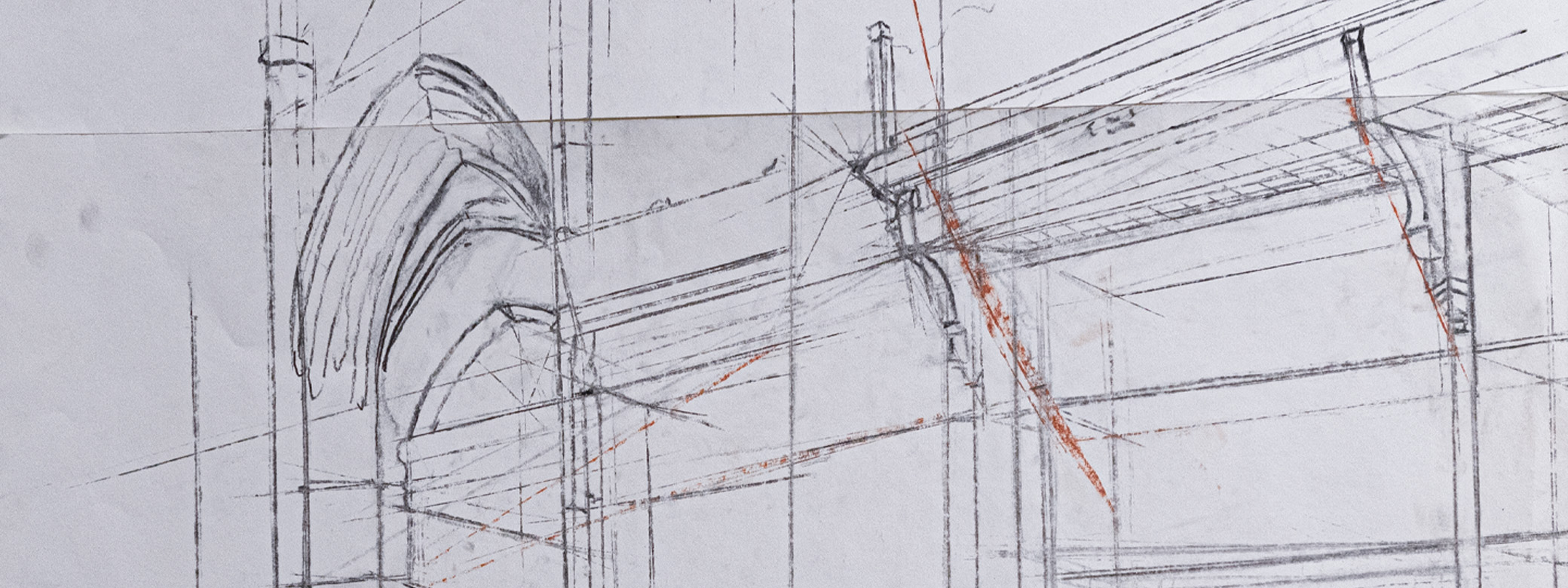The Graduate Students of Art History (GSAH) is an organization that has existed off and on for decades. It is currently quite active, especially because of a reading group named Dismantling the Canon. PhD student Ananya Sikand, one of the reading group organizers, recently provided information about its origin, activities, and plans.
The Graduate Students of Art History’s reading group, entitled Dismantling the Canon, began over summer 2020, in the midst of the Black Lives Matter protests when it became clear that we were all asking similar questions as to how we could respond to calls to combat racism, sexism, ableism and systemic injustice more actively in our work as teachers, scholars and museum professionals. We wanted to explore the ways in which Art History as a field continues to prioritize the voices of able-bodied, cis, white men and perpetuates colonial narratives to find solutions that we could each implement in our own specializations to combat such deeply ingrained biases. Our goal was to also look beyond the limits of Art History to understand other methodologies that we could incorporate into the work that we do. Another question of great importance to us all was how museums and other arts/cultural organizations need to be more active in addressing issues of racism, equity, accessibility and accountability and to ask if the work that was being done now was even close to enough. Given the recent rise of hate crimes against the Asian community in the wake of the COVID-19 pandemic, these questions continue to be pressing issues in our field. Our activities last year consisted of monthly meetings to discuss readings centered on issues of equity within art historical pedagogy and museum practices. Each quarter culminated with a guest lecture by scholars and curators including Dr. Pamela N. Corey of SOAS, University of London; Dr. Eve Straussman-Planzer of the National Gallery of Art, DC; and Dr. Ping Foong of the Seattle Art Museum.
Over the 2021–22 academic year, we plan to engage with graduate students across the University of Washington to expand our discussions beyond the limits of art history in order to consider the wider implications of visual and material culture. We are currently developing an outline centered on the theme of disability, to structure our readings, which will be discussed in our monthly group meetings and public events including two public lectures/workshops in the autumn and winter, and a symposium in the spring. Once again, the COVID-19 pandemic has highlighted some of the overlooked struggles of the disabled community. Through the collective utility of digital programming, particularly within academic and museum institutions, where many doors are still closed, we have been able to notice the holes in our methods. This has led to questions about the ways in which we can possibly maintain and build upon some of these changes. How can we create momentum and continue to have these discussions when we return to “normal” living for the able-bodied population? This project will not only be a forum for graduate students to collaborate and apply accessible methods to their teaching and research, but it will also be a platform that will prioritize the voices of disabled people in our community. Dismantling the Canon’s goals in focusing on disability studies are to examine the accessibility of art in classrooms and cultural institutions, reassess art history’s prioritization of the visual through the study of disabled artists and multimedia artistic production, and to articulate the role that visual and material culture has in progressing accessibility agendas in our society. We were awarded funding through the Simpson Center for the Humanities to support this year's activities, and we are looking forward to one of our newest programs — a monthly field trip to attend talks, exhibitions and events in-person as the Seattle area begins to open up.
Much of the information about Dismantling the Canon activities is and will be shared on the new GSAH website. It was designed by Oliver Maurice Norred, an Interaction Design student, who paid particular attention to making the site as accessible as possible. The website is being managed by PhD student Or Vallah and MA student Abigail Massarano.
